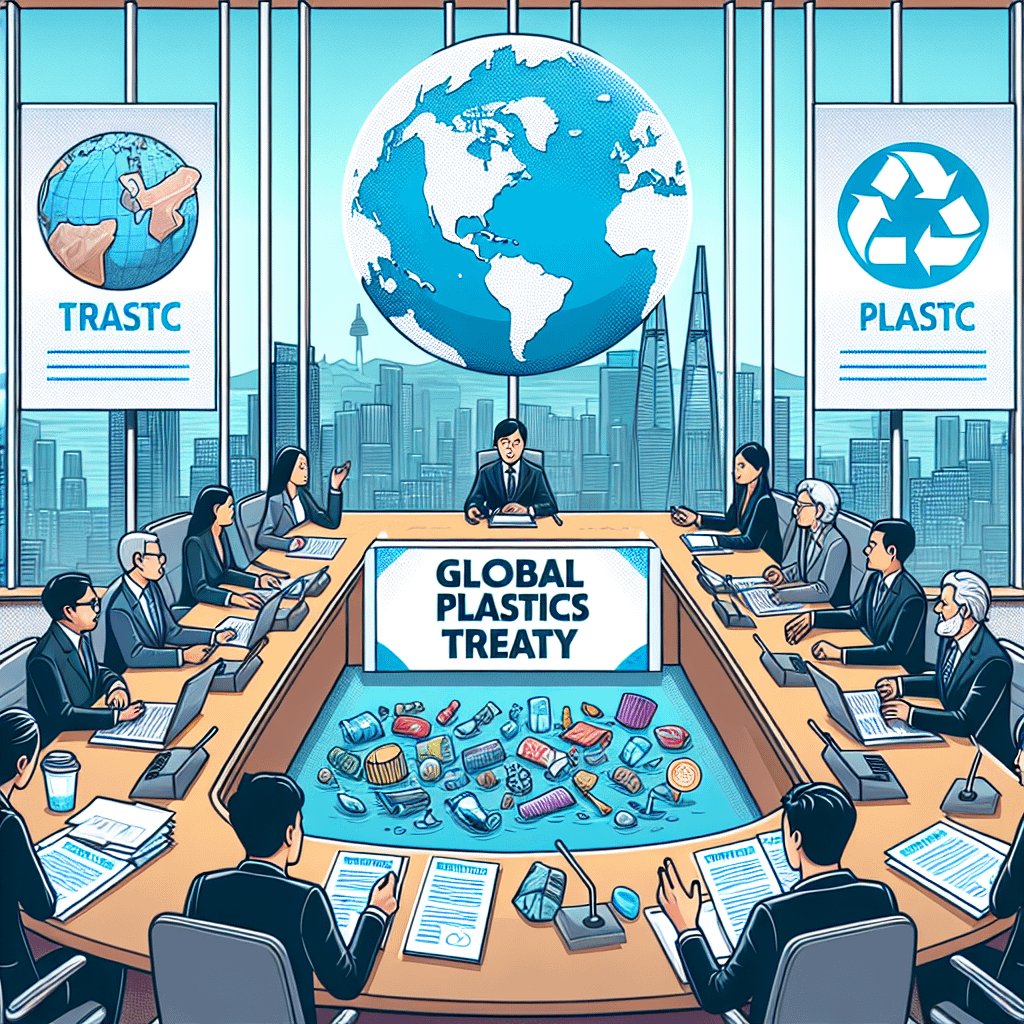Your support helps us to tell the storySupport NowFrom reproductive rights to climate change to Big Tech, The Independent is on the ground when the story is developing. Whether it’s investigating the financials of Elon Musk’s pro-Trump PAC or producing our latest documentary, ‘The A Word’, which shines a light on the American women fighting for reproductive rights, we know how important it is to parse out the facts from the messaging.At such a critical moment in US history, we need reporters on the ground. Your donation allows us to keep sending journalists to speak to both sides of the story.The Independent is trusted by Americans across the entire political spectrum. And unlike many other quality news outlets, we choose not to lock Americans out of our reporting and analysis with paywalls. We believe quality journalism should be available to everyone, paid for by those who can afford it.Your support makes all the difference.Delegates from more than 170 nations are gathered in Busan this week to hammer out the details of what could become the world’s first treaty paving the path to end plastic pollution.The talks in South Korea, starting just days after the UN’s climate summit in Azerbaijan, have the enormous task of addressing the scourge of plastic pollution that is suffocating ecosystems, infiltrating food chains, and posing serious risks to human health.The fifth and final session of the talks that kickstarted on Monday, called the Intergovernmental Negotiating Committee (INC-5), aims to finalise a draft text for a legally binding plastics treaty.The proposed agreement could address plastics from production to disposal – an ambitious goal that has exposed deep divides among nations.Environment activists stage a rally calling for a strong global plastics treaty ahead of the fifth session of the Intergovernmental Negotiating Committee on Plastic Pollution which sets to be held from 25 Nov to 1 Dec in Busan, South Korea“This really is a once-in-a-generation opportunity,” Graham Forbes, Global Plastics Project Leader at Greenpeace USA, told The Independent in Busan. “If we fail here, it sends a signal to financial markets to continue investing in petrochemicals and plastic production with no liability. “Success means setting limits, creating bans, and holding producers accountable.”If current trends continue, plastic production is expected to triple by 2060, with devastating consequences for the planet and its people.Plastic pollution is no longer just an environmental issue. It is a health crisis and a significant driver of the climate crisis. Microplastics, invisible to the naked eye, have been found in human organs, breast milk, and the air we breathe. Scientists link the chemicals in plastics, such as BPA, to cancer, reproductive harm, and other illnesses.“There’s over 16,000 chemicals in plastics, and many of those are known hazardous chemicals, and the vast majority are unregulated in current multilateral environmental

